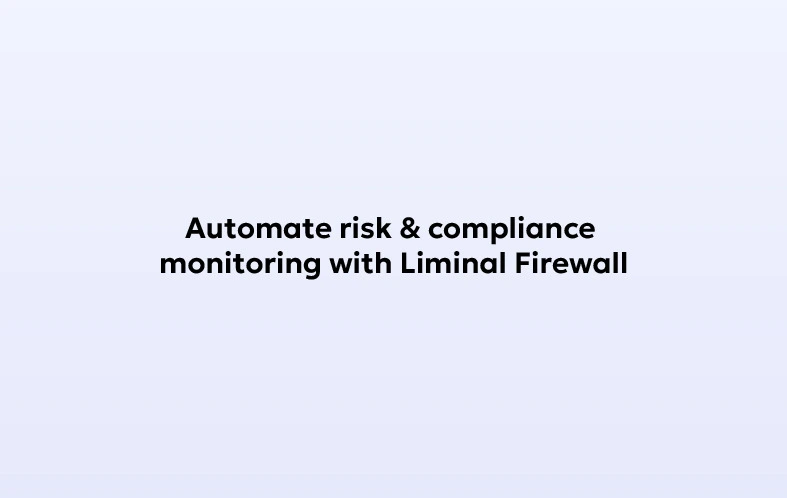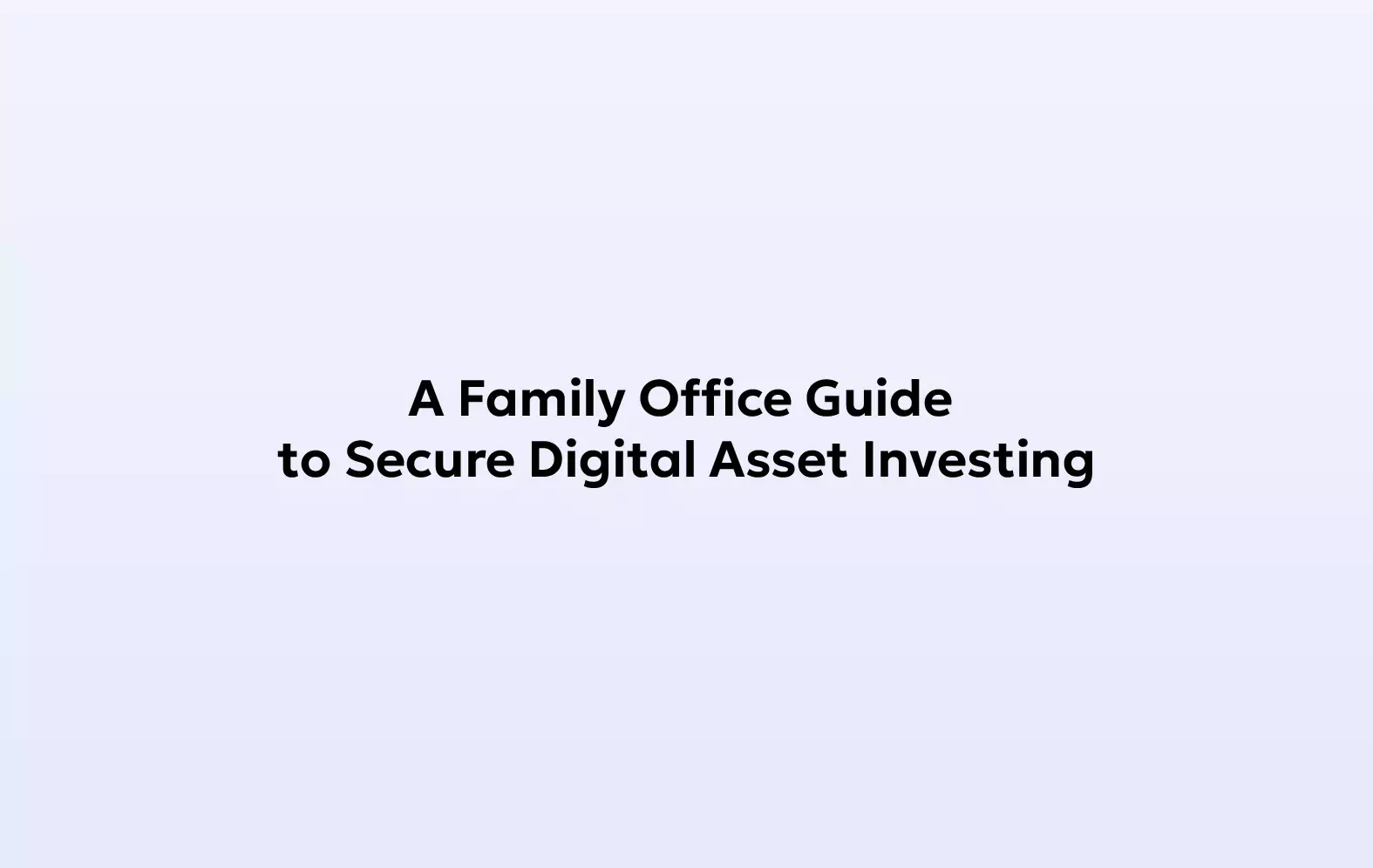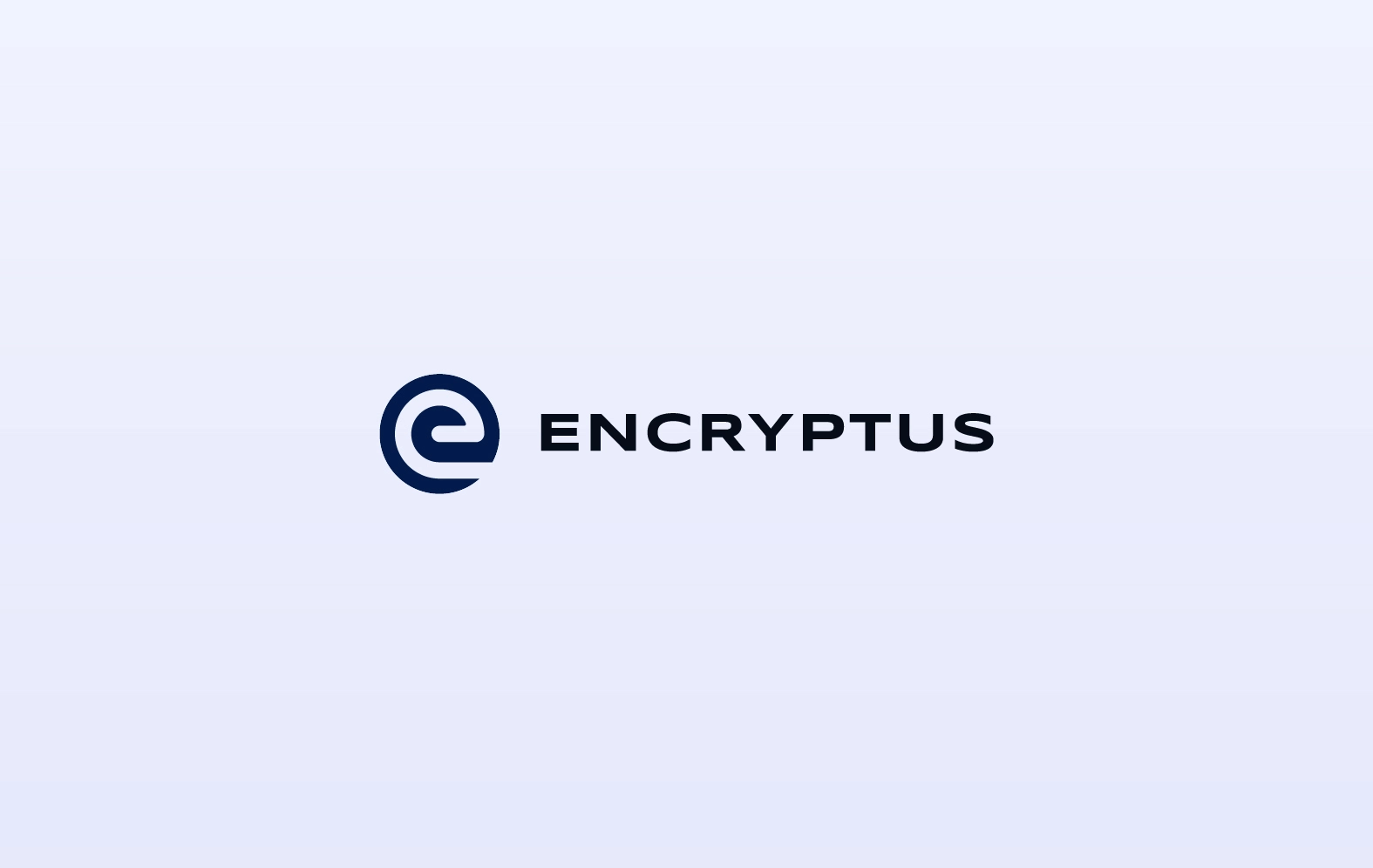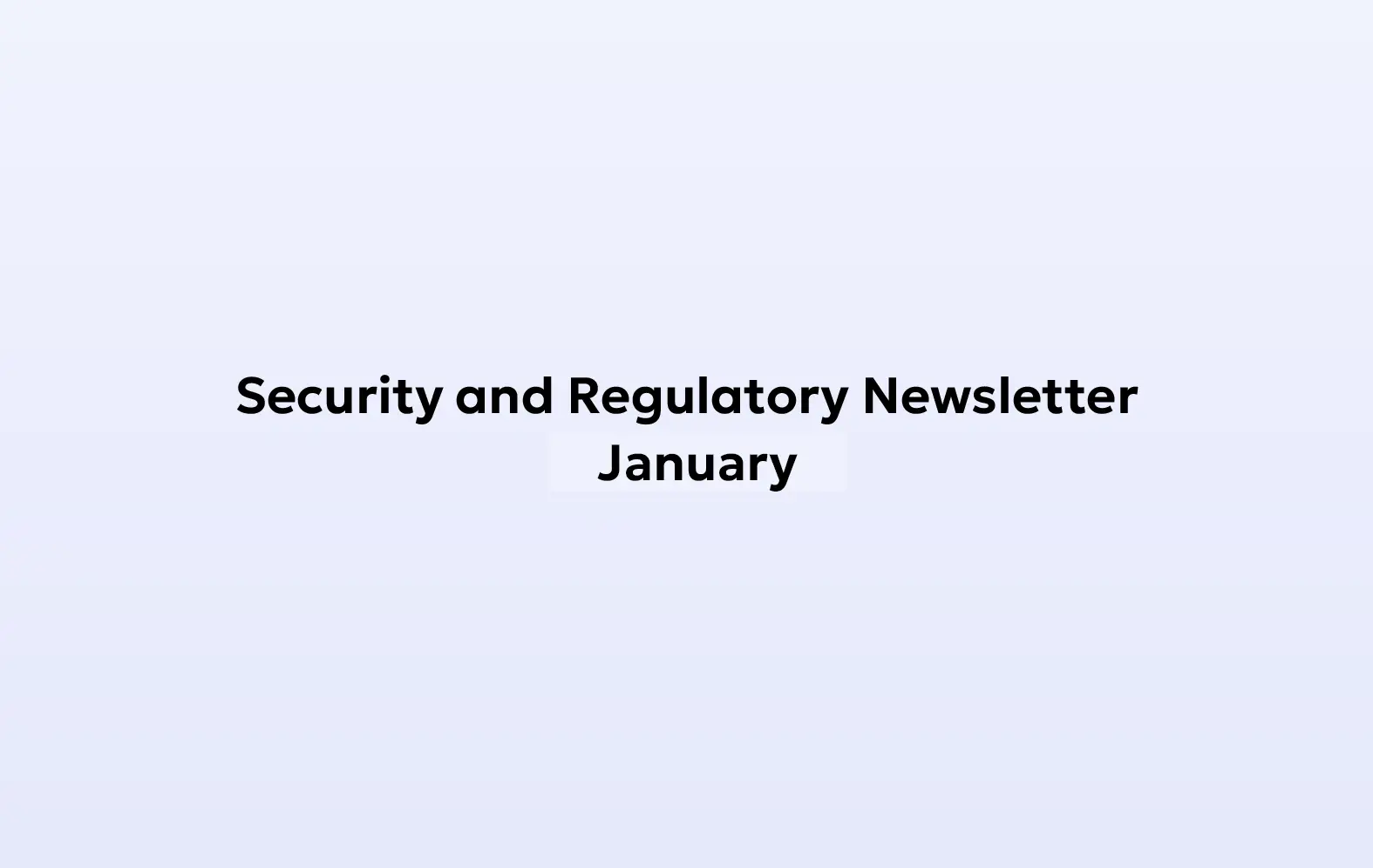Check out our latest blogs
Read through our updates covering feature launches, partnerships, thought leadership pieces and trending topics on how we are solving the security and custody problem for Web3 institutions

Sheel |
April 9, 2024
The past few years have witnessed the rapid expansion of the digital asset market, overshadowing growth from the time prior. That has to do with the burgeoning interest of institutional investors in the asset class, which has moved its prominence from retail users to massive entities that finally recognize digital assets’ place in the financial markets.
As the institutional interest underscores the importance of digital assets, regulators worldwide are stepping up to create regulations to safeguard investors within their jurisdictional bounds.
However, not all jurisdictions enforce the regulations as hard as others. While some focus on creating a safe space for institutions to operate with better regulatory clarity, others oversee how institutions can follow standard security protocols to safeguard users’ assets.
As a result, regulations fostering digital asset innovation and adoption in tandem with investor protection are emerging from various jurisdictions, with one leading the way.
The UAE Has Morphed into A Digital Asset Haven
The UAE has positioned itself as the most prominent digital asset hub, attracting blockchain- and crypto-related businesses in droves. The nation is establishing itself as the center for technological and financial innovation, not leaving behind the cutting-edge blend of those segments’ digital assets.
Knowing the potential behind blockchain-based implementations, the UAE is a frontrunner in legitimizing the industry and driving significant revenue from digital assets. In doing so, some of its emirates began issuing guidance and guidelines for digital asset activity to enhance usage long before most countries even considered taking the crypto-friendly approach.
That has made all the difference, placing the UAE as the top geography responsible for offering the highest level of innovation with the asset class. Entrepreneurs and developers find the region a haven to establish operations, with government and private investments flowing into the ecosystem to foster next-gen digital asset applications. A rich pool of domestic and international talent allowed to exhibit their ingenuity, thanks to abundant capital and favorable legislation, set the UAE apart from other regions.
With the nation’s stance on digital assets clear, let us look at its progressive regulatory developments, starting from the latest, which is stirring up massive excitement in the ecosystem.
Dubai’s Contributions to the UAE’s Regulatory Environment
The Dubai International Financial Center (DIFC), an economic free zone within Dubai, launched one of the most comprehensive digital asset laws the UAE has seen so far. The Digital Assets Law, accompanied by a Security Law and amendments to existing crypto laws, makes the groundbreaking consideration of digital assets as property. Evidently, DIFC is just one specific zone in the Dubai emirate where these legal developments take effect.
Previous developments evoked by the DIFC authority include subsidizing license fees for digital asset firms in 2023. That was preceded by its former digital asset regulation released in 2022, recently changed by the new law. The free zone also recently recognized XRP (Ripple) and TON (Toncoin) as investment tokens, following the recognition of BTC (bitcoin), ETH (Ether), and LTC (Litecoin).
The year 2022 saw another development in Dubai: the emergence of VARA (Virtual Assets Regulatory Authority), an independent agency to oversee the asset class’s activity outside the DIFC free zone. VARA performs its duties to ensure companies comply and keep the digital asset ecosystem safe for investors and users.
It enforces compliance around exchange, custody, broker-dealer, and advisory services, simultaneously acting as the licensing body for such service providers. Top firms like Binance are registered with VARA to provide services in Dubai. The agency offers digital asset firms grounds for smooth operation, drawing several more companies to open their doors in the emirate.
Abu Dhabi Complements Its Counterpart’s Developments
Abu Dhabi is equally influential in promoting digital asset development in the UAE, thanks to the Financial Services Regulatory Authority (FSRA). The regulator oversees operators’ compliance in the financial markets of the Abu Dhabi Global Market (ADGM) free zone and was the first in the country to issue guidance regarding digital asset activity in 2018. Its guidance has evolved with the digital asset market to accommodate various types of token offerings, trading activity, and digital asset custodianship.
FSRA oversees all financial activity in ADGM and has amended its existing financial regulations numerous times to include digital assets. Thus, digital asset investors are protected at the same level as TradFi participants.
To that end, FSRA is also the licensing body for digital asset service providers in the free zone. Many have received FSRA’s permission to operate, and several more are in the process of obtaining licensing. Liminal, a digital asset custodian, is on the brink of receiving the regulator’s blessings to open its doors in the emirate and has already secured an In-Principle Approval (IPA) thanks to its successful application registration.
This feat means that the custodian is just one step away from obtaining its commercial license to offer custody services to institutional clients. The enterprise will soon apply with Dubai’s VARA to begin operations in that emirate and exhibit its unabridged entry into the UAE’s digital asset ecosystem.
Other Emirates Are Making Significant Regulatory Contributions as Well
Abu Dhabi and Dubai are the leading emirates within the UAE’s rich digital asset ecosystem to implement robust regulations. However, that does not discount the efforts of others. Ras Al Khaimah, for instance, instituted an ecosystem aimed at digital asset and blockchain innovation, labeling this Web3-oriented free zone the RAK DAO, abbreviated for the Ras Al Khaimah Digital Assets Oasis. The RAK DAO allows non-regulated businesses to develop next-gen Web3 use cases and take digital asset adoption to new levels.
The UAE’s Digital Asset Regulations Are Also Blossoming at the Federal Juncture
While those mentions mark developments at the emirate level, the UAE has also witnessed significant developments at the federal level. Notably, the Securities and Commodities Authority (SCA) deployed digital asset regulations for onshore firms in 2020, governing the functioning and compliance of those providing digital asset services in the UAE’s mainland.
Another development included the UAE Cabinet’s resolutions in 2022, which defined the boundaries of the SCA and VARA’s scope. The resolutions established SCA as the federal regulator of digital asset services and described the relationship between SCA and VARA to oversee digital asset activities in tandem in Dubai. A later resolution implemented the SCA VA (Virtual Asset) Exchange Regulations for the UAE’s onshore service providers.
The Central Bank of the UAE (CBUAE) has also been instrumental in laying down regulations to preserve the integrity of its financial system while adopting digital assets. It mandated Anti-Money Laundering (AML) and Counter-Terrorism Financing (CFT) mechanisms for institutions offering digital asset services.
Moreover, the CBUAE issued the Retail Payment Services and Card Schemes (RPSCS) regulation in 2021, which addresses all activity associated with Payment Tokens. The previous year saw the central bank introduce the Stored Value Facilities (SVF) regulation, which dictates how wallet facilities, comprising custodians and wallet providers, in the UAE must comply.
The UAE is also witnessing multiple Central Bank Digital Currency (CBDC) projects in motion in various phases, with the CBUAE taking charge of them. Project Aber and Digital Dirham are two CBDC strategies it administers. The latter strategy is expected to roll out sometime this year.
The UAE Is Reshaping Digital Asset Regulatory Standards
The UAE’s efforts to legitimize and welcome digital assets with open arms have transformed it into the land of Web3 innovation. Several companies are opening their doors in all its emirates as digital asset friendly regulations breed the grounds for blockchain-based deployments.
The regulatory evolution is ongoing as government agencies, lawmakers, and advisors shape the most progressive national ecosystem for digital assets, businesses, and investors. This country’s pivot to the technology and finance industries from its oil-based roots is benefitting the proliferation of the digital asset sector. Of course, that is the case, thanks to the revolutionary potential of the asset class.


















